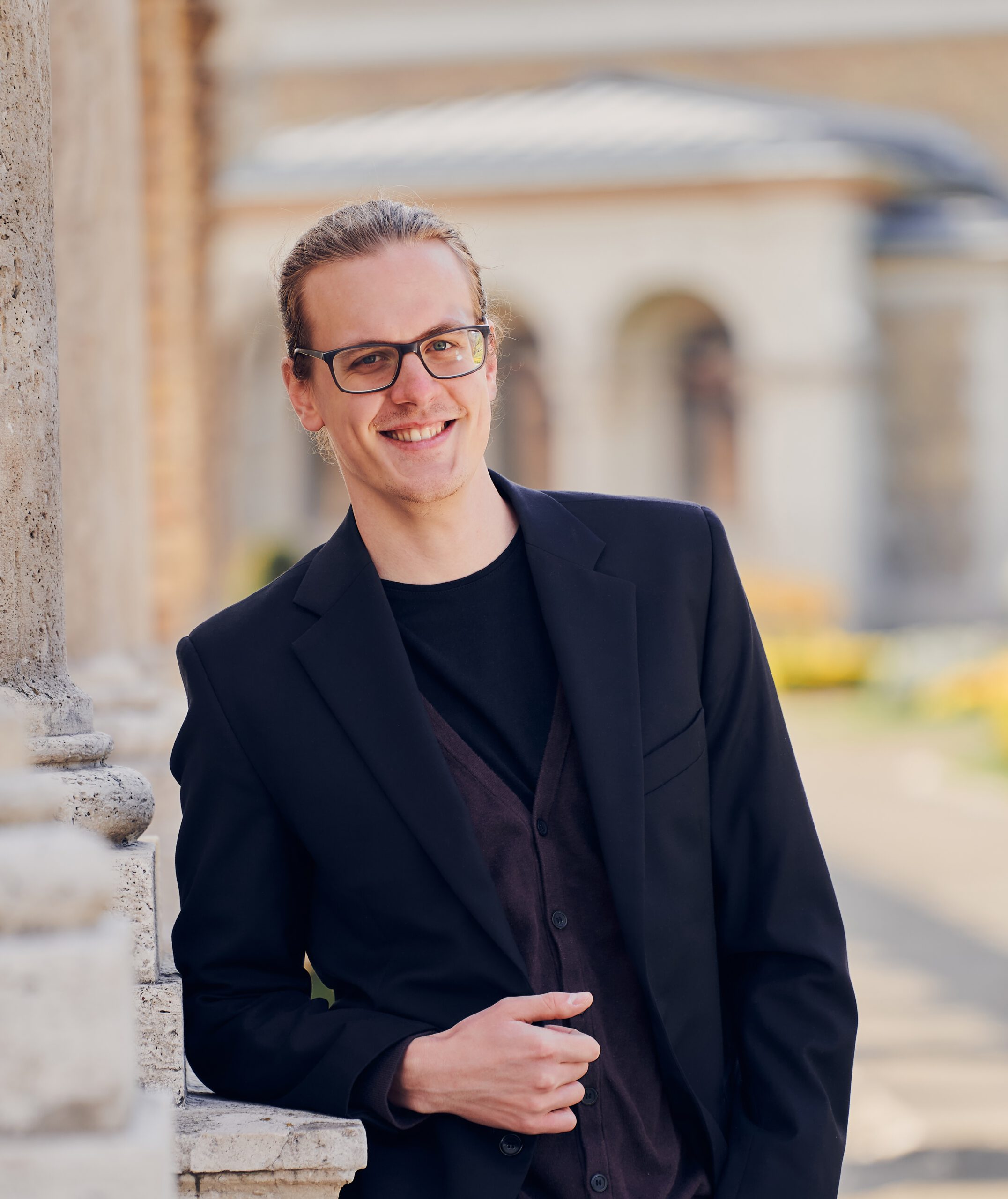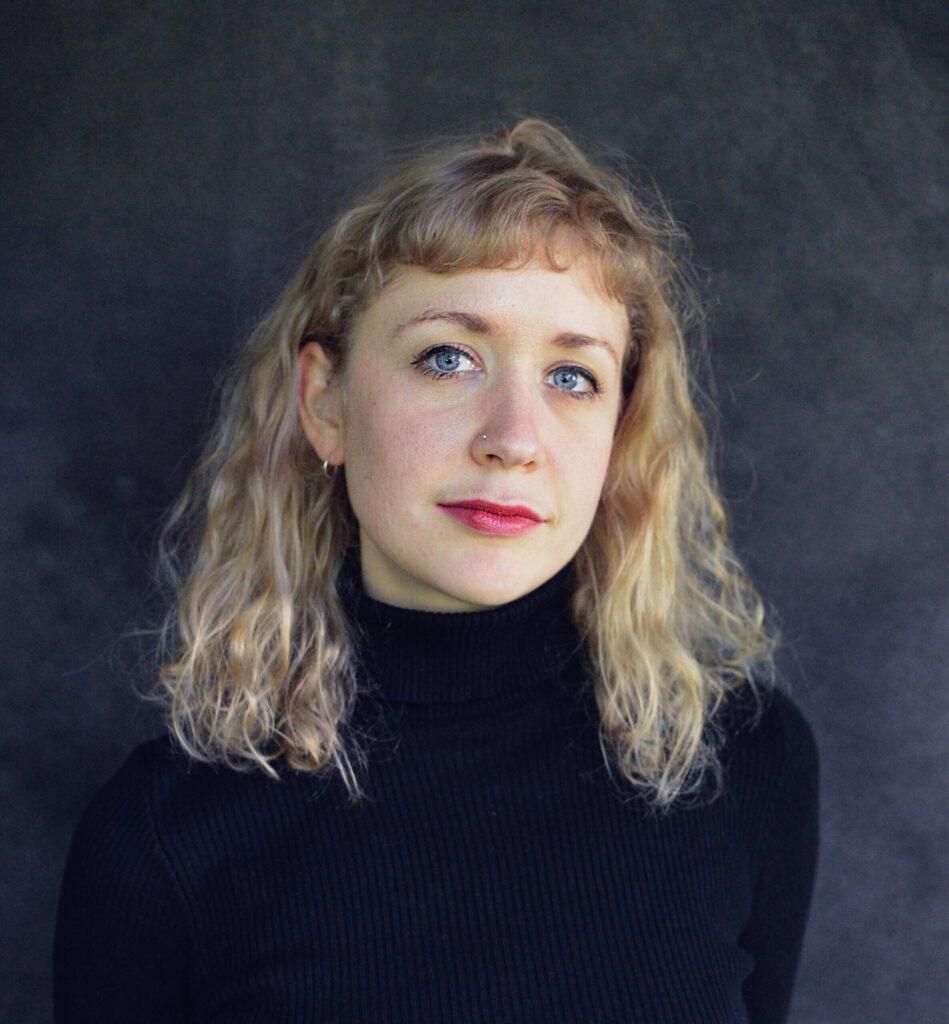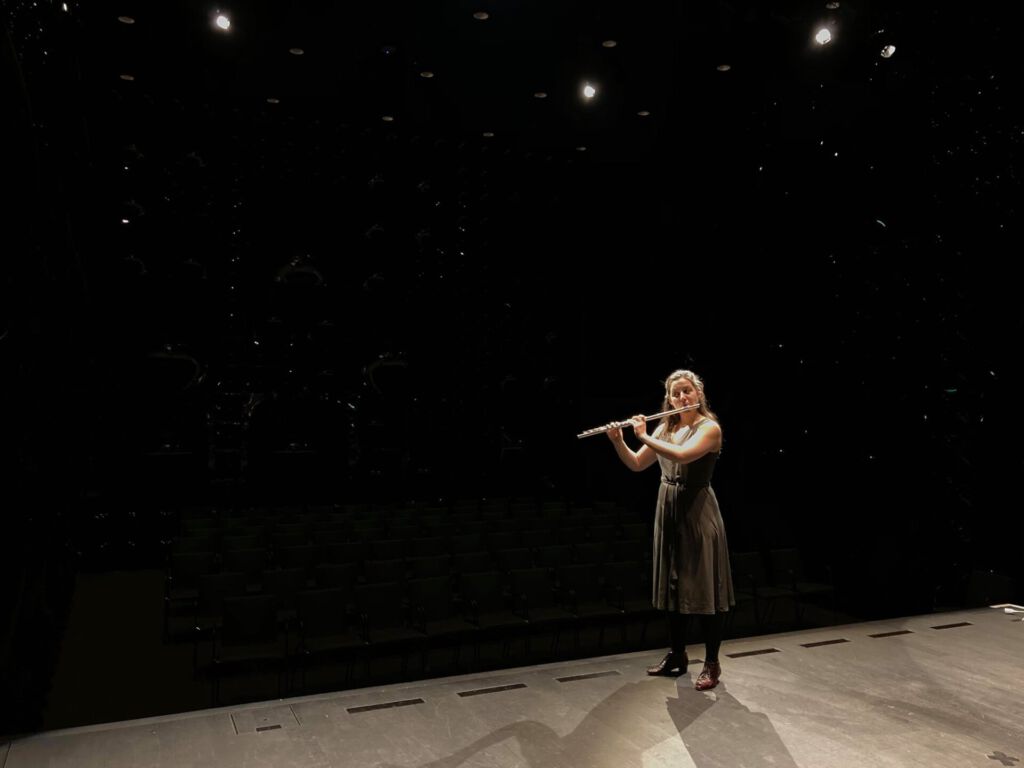Thanks to a Fulbright scholarship, mdw graduate Dávid Kéringer was able to spend the 2022/2023 academic year at Bard College, in New York state. He studied clarinet in the mdw’s Leonard Bernstein Department, graduating in autumn 2021. He spoke with the International Blog about his inspiring year at Bard College.
How did you get the idea to study in the US on a Fulbright, and what was the application process like?
When I applied, I was in the middle of my studies in Vienna, and many things were made difficult by the Corona pandemic. A friend of mine had already gone to the US on a Fulbright, and I thought it would be a good option for me as well. The selection process takes a very long time, and applicants should be aware of this. I applied in spring 2021 for the academic year beginning in autumn 2022. There are several stages to the selection process: At the beginning is an English language test, and then you have to fill out a long form and upload a large number of documents. In addition, you have to develop a project idea that you then present in an interview. My proposed project was “Musical Traditions in Orchestral Playing in Europe and the US”, a summary of which I was to write following my stay at Bard College. If these application stages are successful, you are invited to an interview with a jury where a person from the respective subject area is also present. In my case, it was an American from the music industry. If this phase is successful as well, one has to select the universities in the States where one would like to study. Applying to these universities costs money, and the Fulbright Program only covers the costs of a maximum of four applications.
Was Bard College your first choice?
Yes, because there was already a partnership between Bard College and Fulbright Hungary. Since I am a Hungarian citizen, I made my application through the Fulbright office in Budapest. There are a lot of Hungarian students at Bard College, and I know a number of them, which helped me get oriented. Historically, there are close ties between Bard College and Hungary. The Hungarian scientist László Z. Bitó, who researched the eye disease glaucoma and developed a medication for it, was accepted at Bard College in 1956 after fleeing from communist Hungary and subsequently graduated there. Bitó was a generous donor and financed, among other things, the construction of the building housing the Bard Conservatory of Music.
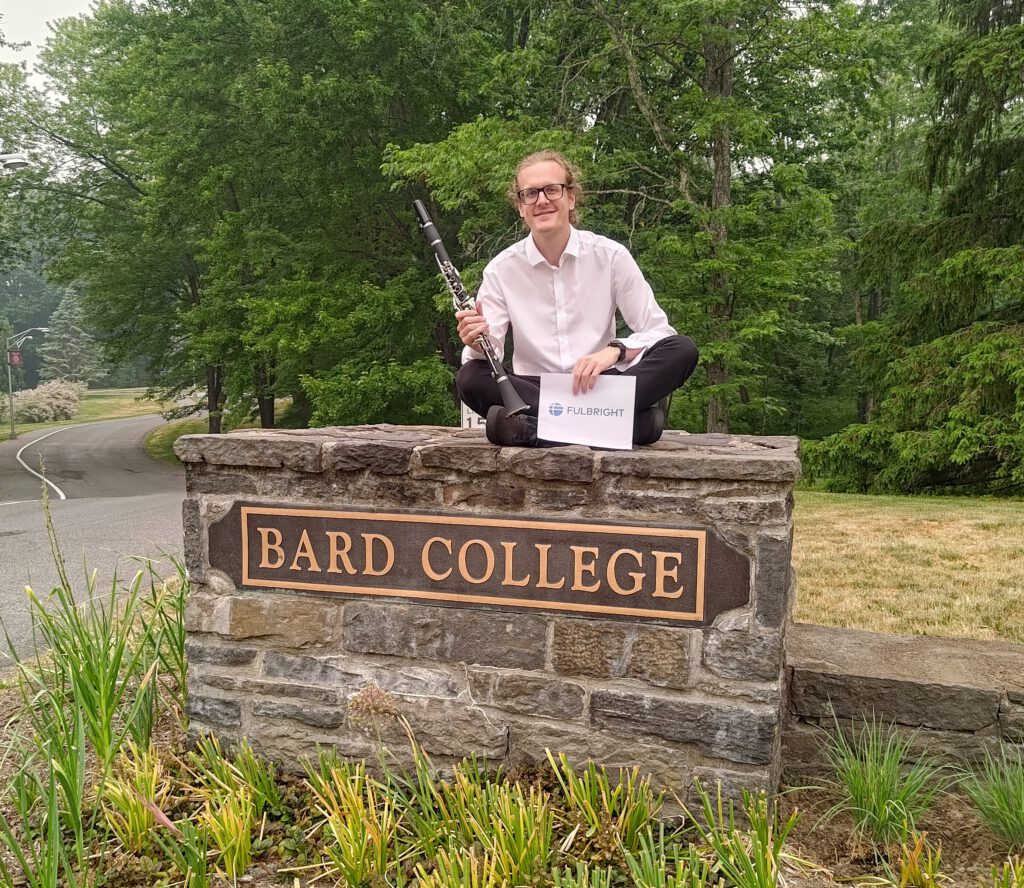
How did you react when you found out that you had been accepted by Bard College?
I was incredibly happy that Bard took me and that after the Corona period, I again had something I could plan and that was certain. I also applied to the Cleveland Institute of Music, the Yale School of Music, and the Curtis Institute of Music.
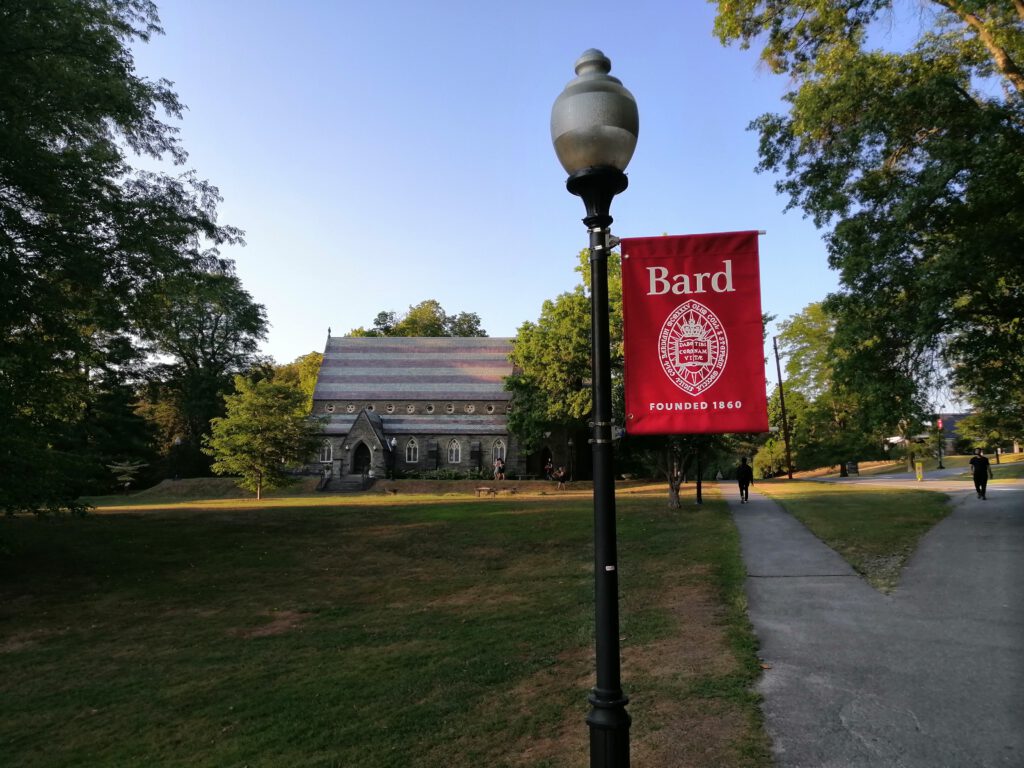
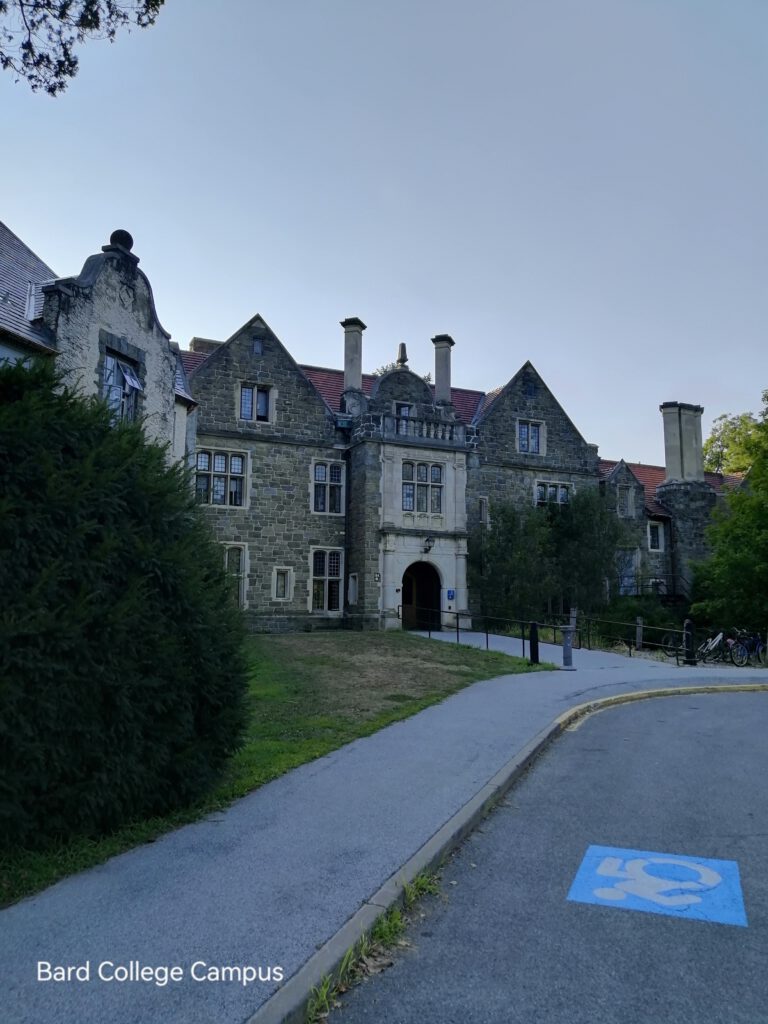
What were your first impressions of the campus of Bard College?
It was unbelievably beautiful, and the community was very friendly. I grew up in Budapest and studied in Vienna, and this was my first time living out in the country for any length of time. I wondered how that would work for me, but the calmness and quiet of that place and its closeness to nature helped me a great deal. [Bard College is located in Annandale-On-Hudson, about 140 km or 90 miles north of New York City.] Undergraduate students live on campus, but as a graduate student, I lived in Red Hook, a town near campus. A bus takes students living off campus to the college.
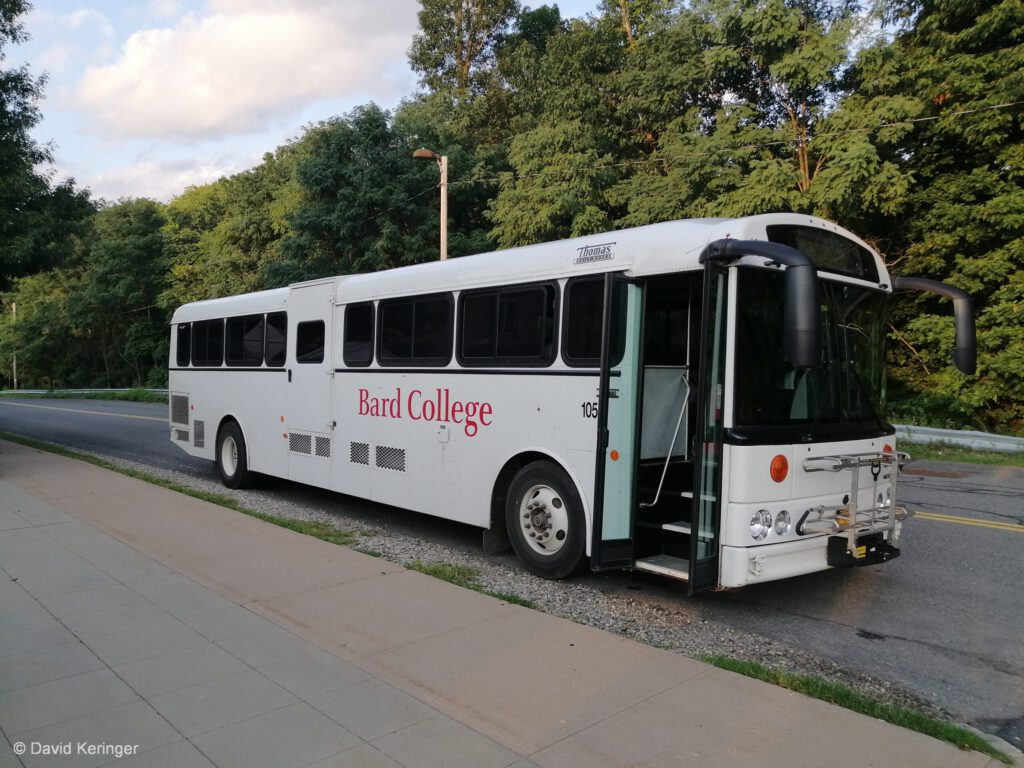
How was the instruction there?
I had two professors: Pascual Martínez-Forteza plays with the New York Philharmonic, and David Krakauer is a freelance clarinettist and all-round musician, so the two have very different approaches to playing the clarinet. We didn’t have any theory classes, but we did have orchestra classes and lessons in orchestra repertoire and chamber music. Woodwind and brass players were taught together. Like with the mdw’s Pro Arte Orchester [a practice ensemble for conducting students], we also had instruction with conducting students. At Bard, music students can also take classes in other courses of study. But I already had a very full schedule and many projects. For example, I played in the Baroque ensemble at Bard College, as I also play recorder. I quickly became a soloist in that group and played in two concerts. In general, one has a lot of opportunities to realise one’s own projects. The college has very good facilities and technical equipment available to the students. It is very easy to book a concert hall. Concerts are streamed and you are given the videos.
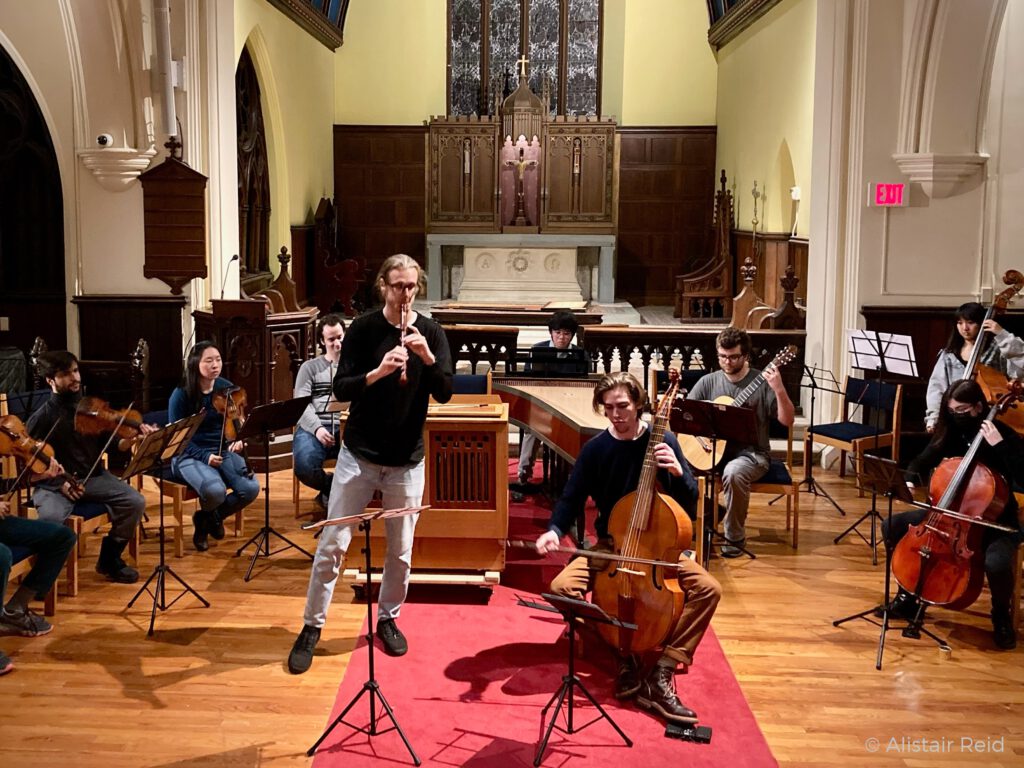
What are the biggest differences between the mdw and Bard College?
Everything at Bard College is centrally planned: at the beginning of the semester, a schedule is drawn up for every student. Attendance is strictly monitored. At the mdw, you arrange your lessons with the teachers yourself. Bard College is a three-hour drive from New York City, where most of the teachers live. Most students and teachers at the mdw, on the other hand, live right there in Vienna, one of the music capitals of the world. As a graduate student, I enjoyed the freedom and independence at Bard, because I no longer needed anyone to tell me what to practise and by when.
What were you able to see in the US?
In January, I had time to travel around, and I visited other Fulbright students, including in Florida. Miami Beach was very cool: while it was the dead of winter at home, I could go swimming in the Atlantic. Then I flew to Las Vegas for two days. It is very interesting there: at night everyone is exuberant, and during the day they seem a little sad. In Los Angeles, I visited a Fulbright scholar who was studying filmmaking there. I am proud that within only a few days, I was able to swim in both the Atlantic and the Pacific. I visited New York City a number of times during my stay, for example to attend concerts.
I will be in the US for three more years, as I won the audition for the orchestra academy of Bard College’s “The Orchestra Now”.
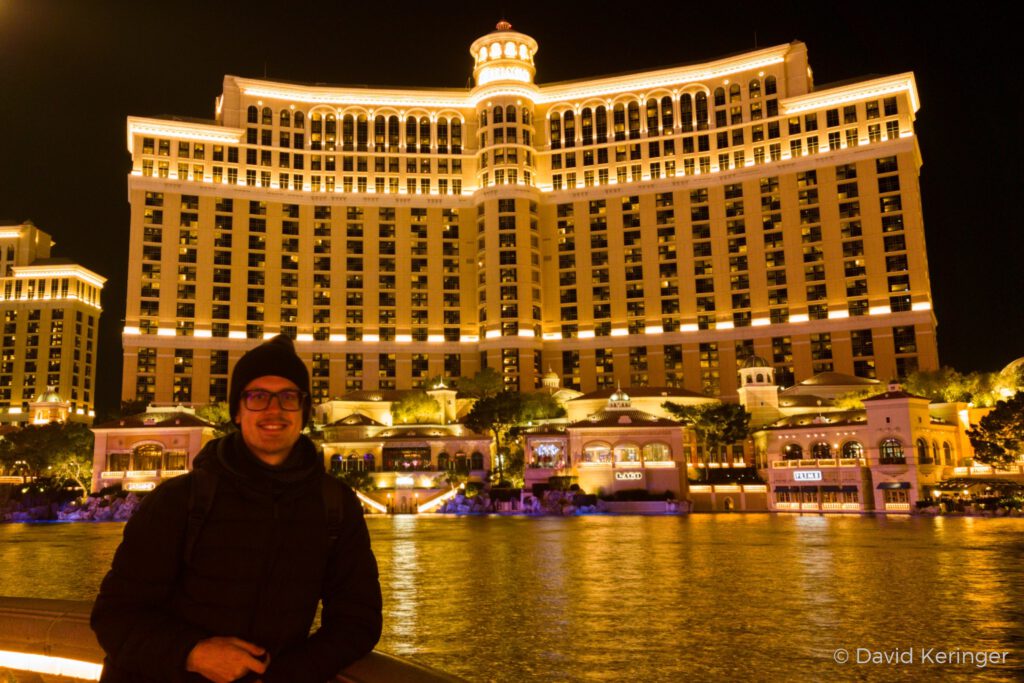

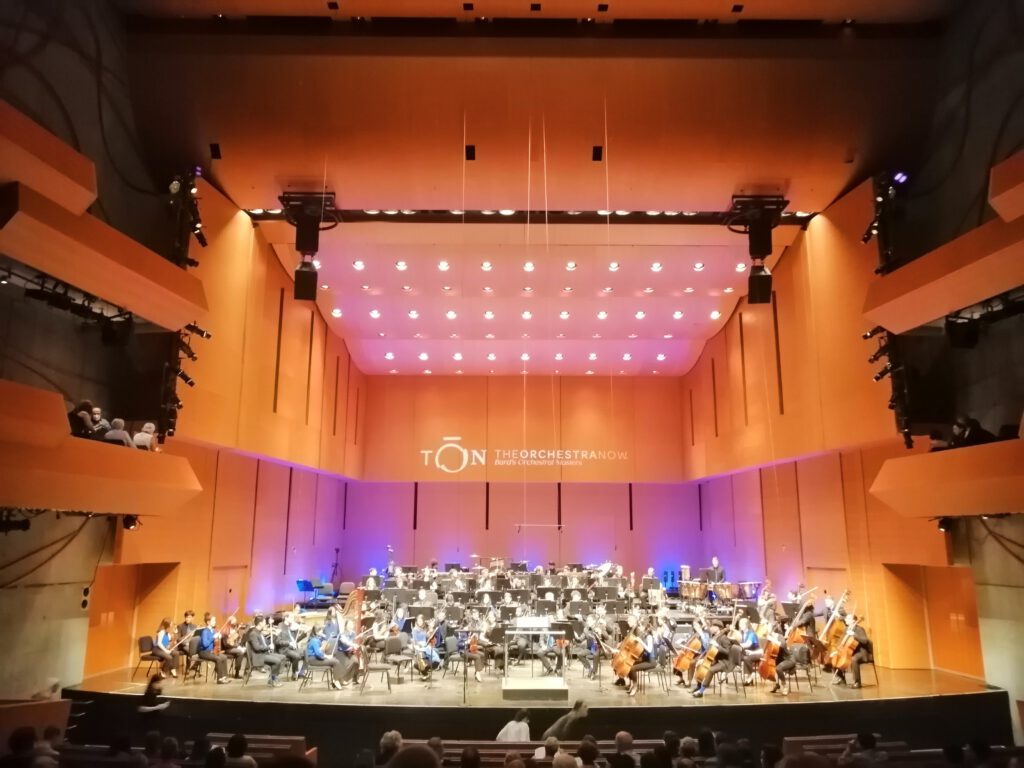
How did your year abroad shape you personally and artistically?
Before receiving the Fulbright, I was dependent on having a job, which was naturally detrimental to my artistic career. But the financial support allowed me to concentrate completely on my studies and on making music. It is surprising how much extra energy you have when you don’t have financial worries. I learned one of the most difficult clarinet concertos while I was at Bard and the end of the year gave a solo recital. The past few years, I didn’t think I could continue to improve. It was unbelievably inspiring to discover that it is, in fact, possible.
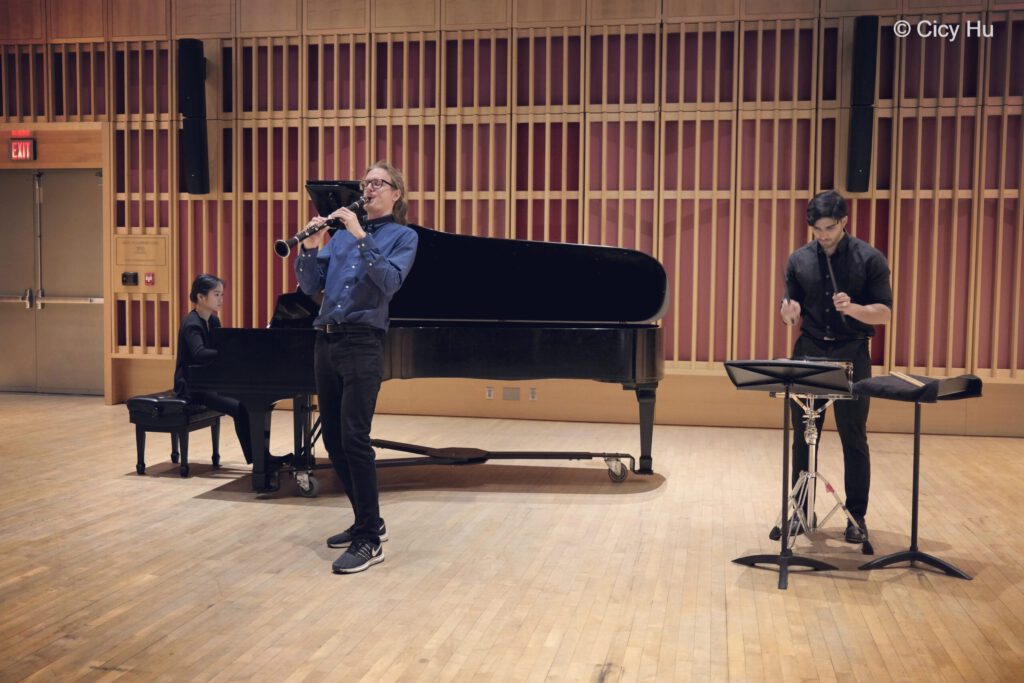
I would advise anyone interested in a Fulbright scholarship to apply to smaller universities rather than the highly competitive elite universities, and to choose places where you already have contacts.


